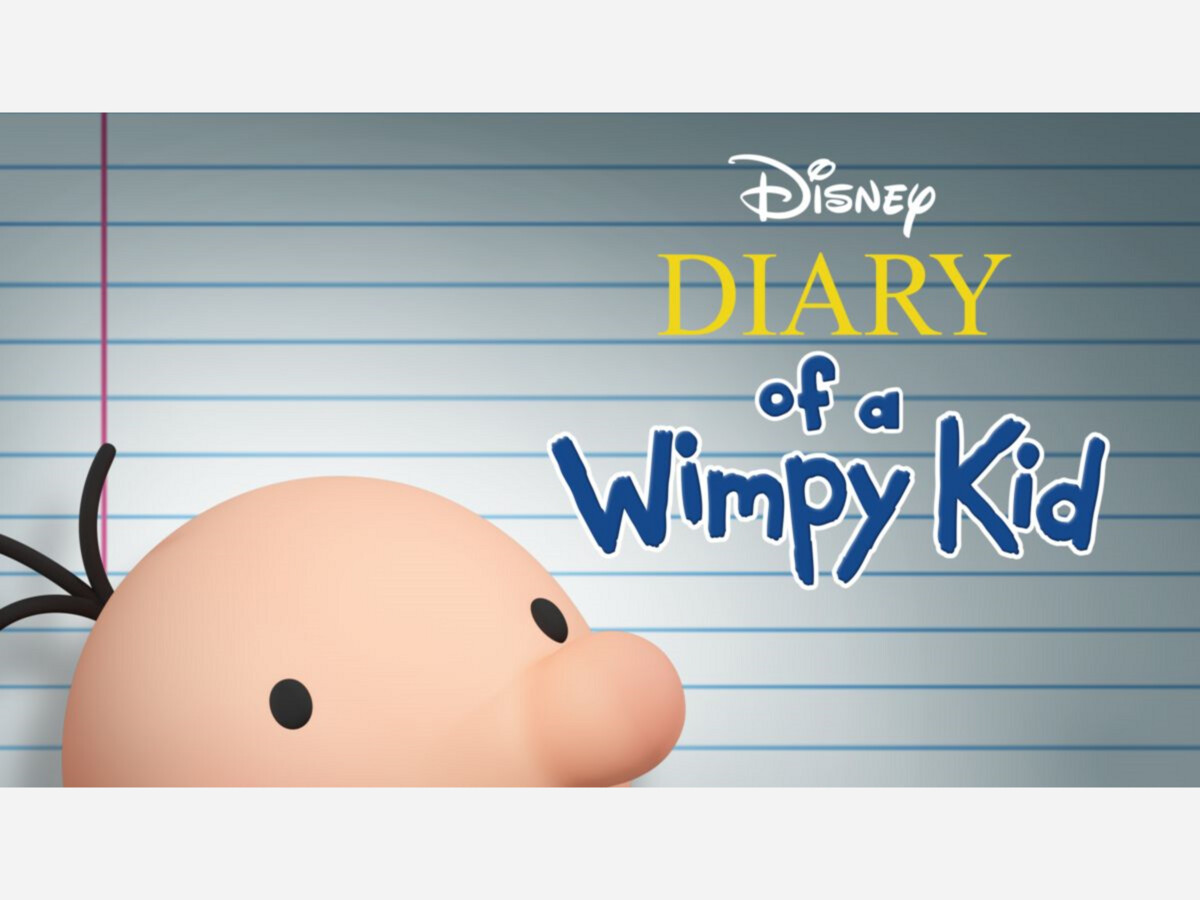Image

Since the original release of Diary of a Wimpy Kid in 2007, there have been 15 sequels, six supplemental books, three spin-offs, three live action movies, and even a board game. To say that this franchise has become a part of pop culture iconography over the last almost 15 years is an understatement. That said, the live action movies have been lackluster to say the least and failed to capture the spirit of the books. This animated movie, really more of an animated special as it clocks in under an hour, tells the story of the first book and perfectly encapsulates what this series is.
To start out, the protagonist tells the story entirely from his perspective and narrates the movie, which is something that the book did as well. Based on the fact that this has been the case over 16 total main series books, and this movie was also written by Jeff Kinney, there are certain personality quirks that Greg displays that provide an introduction to the narrative concept of the unreliable narrator. In recent history, a great mainstream example of an unreliable narrator is Joe Goldberg from Netflix’s You. In simplest terms, an unreliable narrator is a character who relays the story to the viewer/reader/audience member but is not entirely truthful about key pieces of information. This can take the many forms ranging from the narrator intentionally omitting key information to the narrator simply misrepresenting their own emotional state.
Movies tend to reveal the less than honest aspects of a narrator in an easier to express way than books because as the audience watches the movie, they can discern what is considered to be the objective truth based on what’s on screen. Over the course of the movie, Greg routinely uses people to his own personal gain and portrays it as something that they wanted to do. The way Rowley is portrayed especially highlights this as he is shown to be socially oblivious and a person who Greg needs to help, otherwise he will never be able to survive middle school. Everything in the movie is designed to justify Greg’s actions and mistreatment of his friends, family, teachers and classmates.
Because this movie is on Disney+, it will reach more audiences than it probably would have reached had it been released theatrically. That said, while it is visually very pretty and uses the animation to its fullest extent, someone should probably watch this movie with a younger viewer to explain that Greg’s behavior and Machiavellian treatment of people in his life is not something that should be aspired to. There are liberties the movie could have taken to alleviate some of these concerns but, considering that this movie is designed to be an almost 1:1 recreation of the book in animation, it would be unfair to criticize the movie for not making changes there when there are virtually no other changes made between the source material and this adaptation.
Rating: 8/10